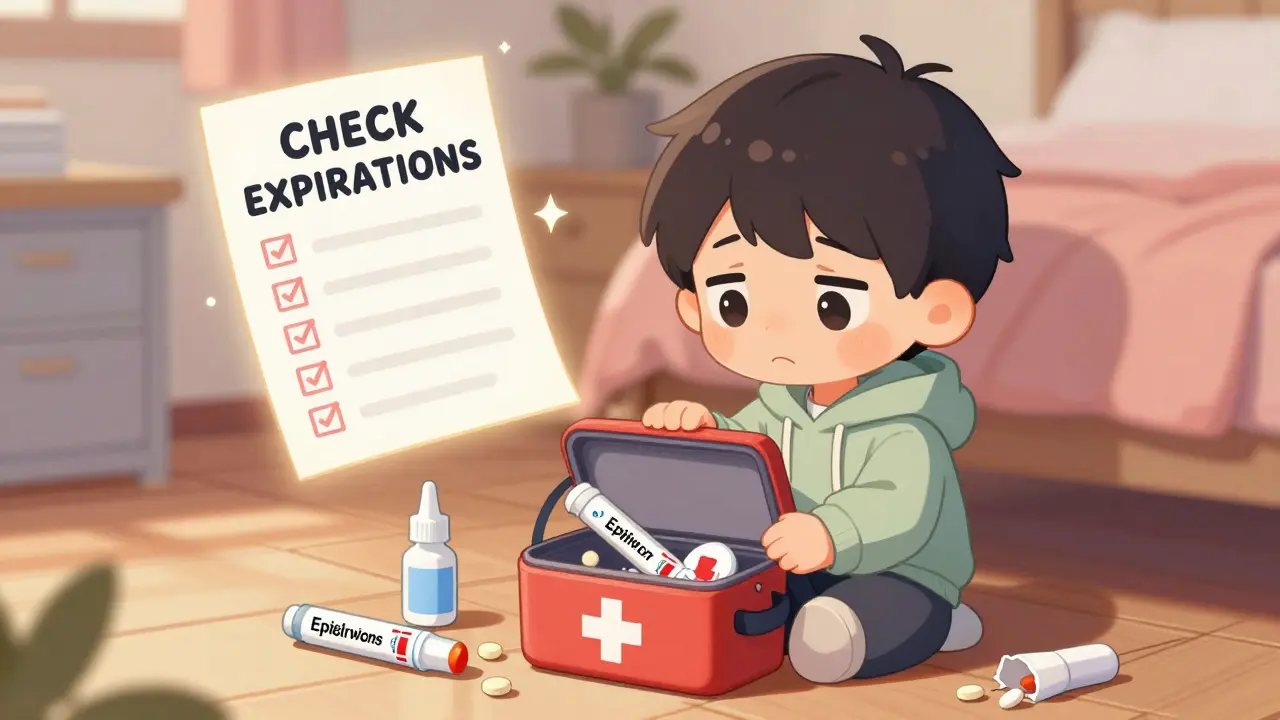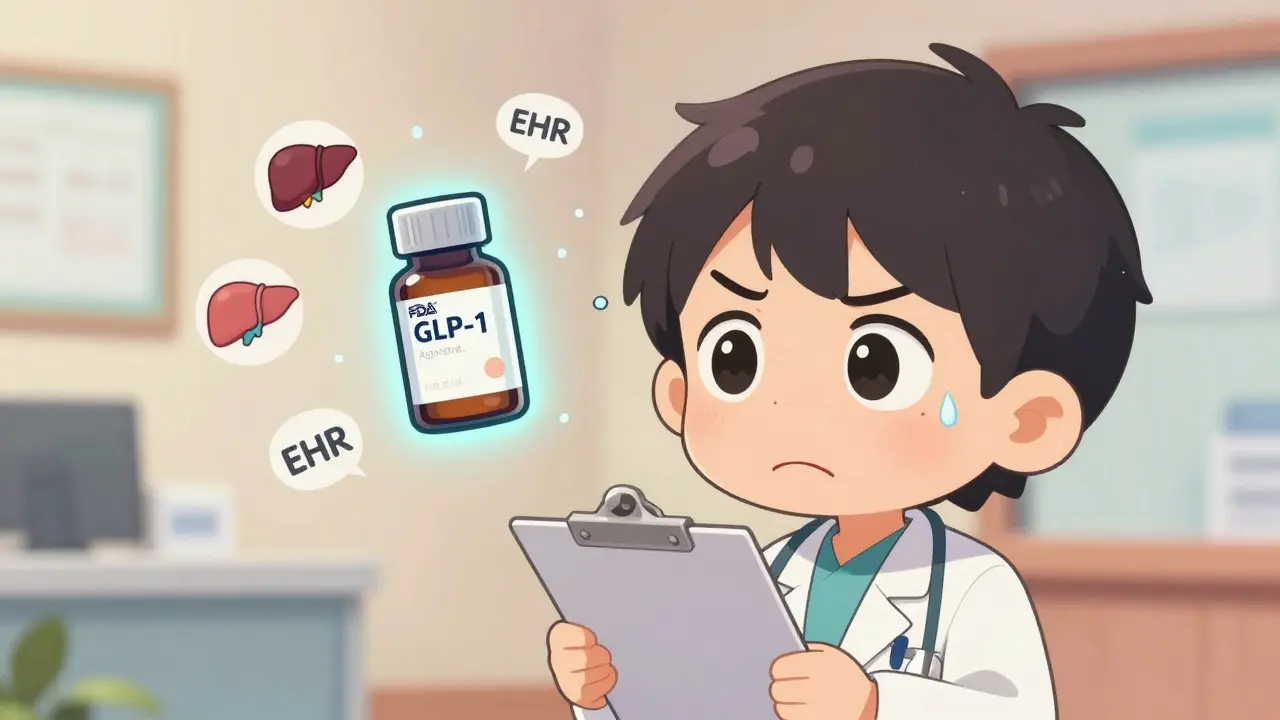bupropion: what it is and how it works
Bupropion is a prescription medicine that works on brain chemicals to lift mood and curb cravings. It belongs to a class called norepinephrine‑dopamine reuptake inhibitors (NDRIs). By boosting these neurotransmitters, bupropion can help ease depression and make it easier to stop smoking.
Key uses of bupropion
Doctors mainly prescribe bupropion for two reasons. First, it treats major depressive disorder (MDD) when other antidepressants don’t work or cause unwanted side effects. Second, it’s sold under the name Zyban for smoking cessation – it reduces nicotine cravings and withdrawal symptoms. Some clinicians also use it off‑label for ADHD or seasonal affective disorder, but those uses need careful monitoring.
How to take bupropion safely
Start with a low dose, usually 150 mg once daily, and increase slowly to the target dose (often 300 mg per day split into two doses). Take the tablets with food or without – just be consistent. Never crush or chew the pills; doing that can trigger a seizure, especially if you miss a dose and try to catch up.
Keep a regular schedule and set reminders on your phone. If you miss a dose, take it as soon as you remember unless it’s almost time for the next one. In that case, skip the missed dose – don’t double up.
Common side effects you might feel
Most people notice dry mouth, insomnia, or a mild headache in the first few weeks. These usually fade as your body adjusts. Some people get increased sweating or a change in appetite. If you notice a rapid heartbeat, severe anxiety, or rash, call your doctor right away.
Seizures are rare but serious. The risk goes up if you have a history of seizures, binge‑drink alcohol, or take other medications that lower the seizure threshold. Always tell your prescriber about any past seizures or alcohol use.
Things to watch for while on bupropion
Watch your mood closely during the first month. If you feel more agitated, have thoughts of self‑harm, or notice a sudden mood swing, contact a healthcare professional immediately. Bupropion can affect blood pressure, so people with uncontrolled hypertension should have regular checks.
Tell your doctor about all other medicines you’re on – especially other antidepressants, antipsychotics, or drugs that affect liver enzymes. Some over‑the‑counter cold remedies contain ingredients that can interact poorly with bupropion.
Tips for getting the most out of bupropion
Combine the medication with counseling or a quit‑smoking program. Therapy can reinforce the chemical changes bupropion creates, making it easier to stay smoke‑free or manage depressive thoughts.
Stay hydrated, chew sugar‑free gum, and keep a bottle of water handy to combat dry mouth. A regular sleep routine helps settle insomnia – try to go to bed at the same time each night and avoid screens before sleep.
Remember, bupropion works best when you follow the dosing plan and keep your doctor in the loop about any new symptoms. With the right approach, it can be a powerful tool for beating depression and kicking the smoking habit for good.





